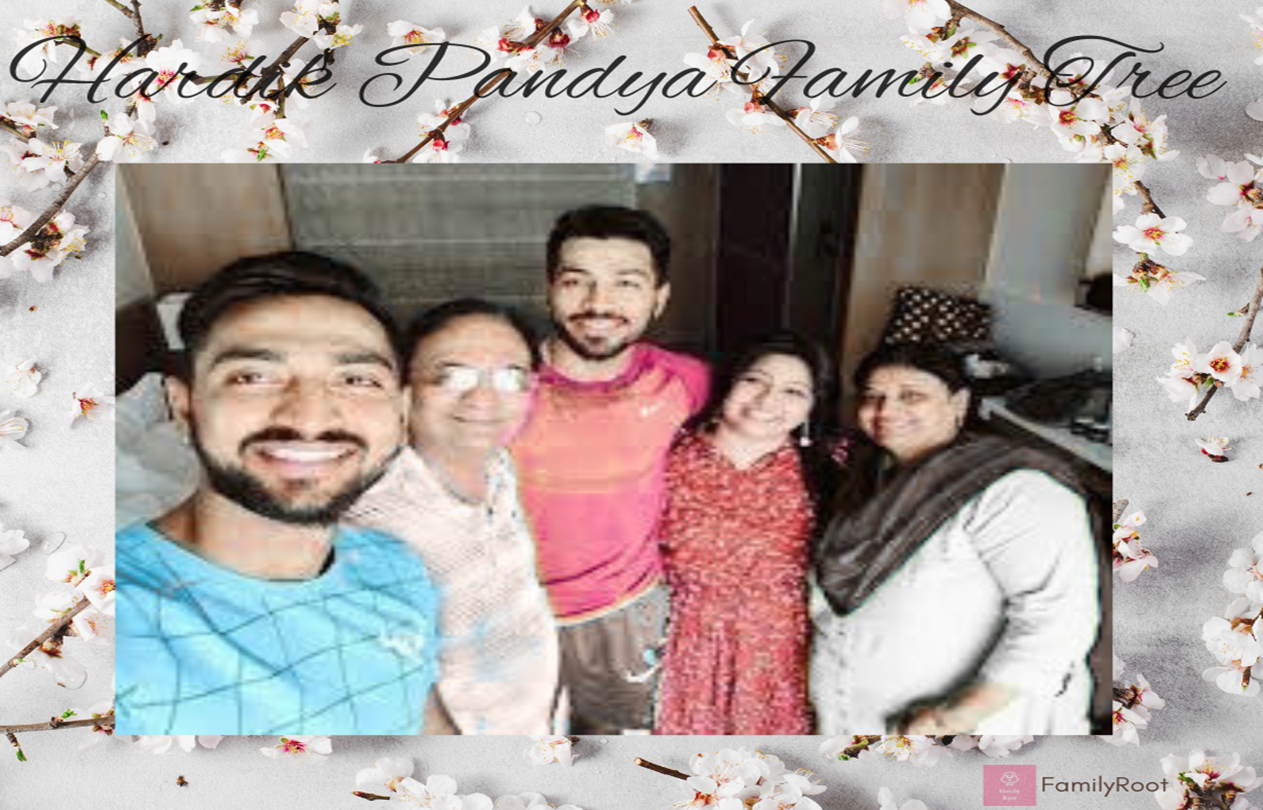Indira Gandhi, India's first and only female Prime Minister, was a pivotal figure in the influential Nehru–Gandhi family, which has played a significant role in the country's political landscape. Here's an overview of her immediate family:
- Full Name: Indira Priyadarshini Gandhi
- Born: 19 November 1917, Allahabad, India
- Political Party: Indian National Congress
- Prime Minister of India: 1966–1977, 1980–1984 (Two terms)
- Died: 31 October 1984, New Delhi, India (Assassinated)
Major Events During Tenure
1938: involved in the Indian independence movement
1942: Quit India Movement
1955: joined the Working Committee of the Indian National Congress
1959: leadership of the Indian National Congress
1964: Minister of Information and Broadcasting in Lal Bahadur Shastri's administration.
1966: became India's first female prime minister
1969: position of authority inside the Congress Party after it divided into Congress (O) and Congress (R)
1971: establishment of Bangladesh and led India to a resounding victory in the Bangladesh Liberation War
1972: secured a strong mandate after winning the national elections
1975: declared a state of emergency
1977: suffered a crushing defeat when the Emergency was lifted
1980: personal and political setback when her son, Sanjay Gandhi, perished in an aircraft accident
1984: Tensions with the Sikh community increased when she authorized Operation Blue Star and killed by her Sikh bodyguards on October 31.
Parents:
- Jawaharlal Nehru (1889–1964): India's first Prime Minister, serving from 1947 to 1964.
- Kamala Nehru (1899–1936): Freedom fighter and wife of Jawaharlal Nehru.
Husband:
- Feroze Gandhi (1912–1960): On March 26, 1942, Feroze Gandhi and she were married. He belonged to the Indian National Congress and worked as a journalist.
Children:
1. Rajiv Gandhi (1944–1991)
- Born: August 20, 1944, in Bombay (now Mumbai), India
- Education: Studied at Trinity College, Cambridge, and Imperial College London (did not complete his degree)
- Career Before Politics: Worked as a pilot for Indian Airlines
- Entry into Politics: Joined politics after the assassination of his brother Sanjay Gandhi in 1980
- Prime Minister (1984–1989): Became the youngest Prime Minister of India at the age of 40 after the assassination of his mother, Indira Gandhi
- Wife: Sonia Gandhi (b. 1946) – Former Congress Party President
- Children:
- Rahul Gandhi (b. 1970) – Indian politician, Congress leader
- Priyanka Gandhi Vadra (b. 1972) – Congress politician
2. Sanjay Gandhi (1946–1980) – Politician
- Wife: Maneka Gandhi (b. 1956) – Politician, animal rights activist
- Son: Varun Gandhi (b. 1980) – Politician (BJP)
Indira Gandhi's Legacy
Indira Gandhi, India's first and only female Prime Minister, left a lasting impact on the country’s political, economic, and social landscape. Her leadership was marked by bold decisions, reforms, and controversies, shaping India’s modern history.
1. Political Legacy
- First Female Prime Minister of India (1966–1977, 1980–1984) – Paved the way for women's leadership in Indian politics.
- Centralized Power – Strengthened the Prime Minister’s authority and made Congress more dependent on her leadership.
- Emergency (1975–1977) – Declared a state of emergency, suspending civil liberties and censoring the press, which remains one of the most debated aspects of her rule.
2. Economic Policies
- Nationalization of Banks (1969) – Increased government control over the banking sector to improve financial access for the poor.
- Green Revolution – Transformed India from a food-deficient nation to a self-sufficient agricultural power.
- Abolition of Privy Purses – Ended financial privileges for former Indian royals, promoting economic equality.
3. Foreign Policy & Defense
- Bangladesh Liberation War (1971) – Played a key role in supporting Bangladesh’s independence from Pakistan, strengthening India’s global standing.
- Nuclear Program (1974) – Conducted India's first nuclear test, making India a nuclear-capable nation.
- Non-Aligned Movement (NAM) – Strengthened India’s global influence by maintaining independence from both the US and USSR during the Cold War.
4. Social & Cultural Impact
- Promotion of Science & Technology – Established several research institutions and pushed for technological advancement.
- Women’s Leadership & Empowerment – Inspired future generations of female leaders in India.
- Operation Blue Star (1984) – A controversial military action against Sikh militants in the Golden Temple, which later led to her assassination.
Create and Preserve Your Own Family Tree!
Just like the Indira Gandhi family’s legacy, you can also document your family history using the Family Root App.
📱 Download Now:
📜 Disclaimer
The family tree and biographical information provided in this article are based on publicly available sources and records. While we strive for accuracy, we do not guarantee the completeness or authenticity of the data. This content is intended for educational and informational purposes only and does not aim to infringe on any individual's privacy or personal rights. If you believe any information is incorrect or wish to request edits or removal, please contact us at Info@familyrootapp.com.




